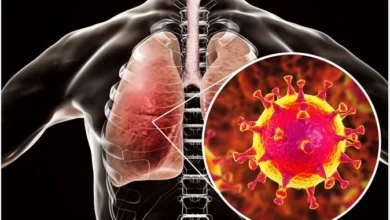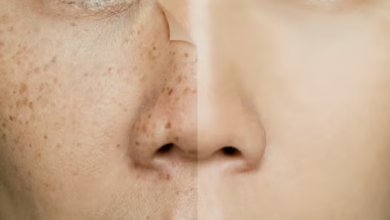Diarrhoea : Causes, Symptoms and Treatment

Diarrhoea is a common digestive problem that affects people of all ages. It is characterized by frequent and loose bowel movements, usually accompanied by abdominal cramps, bloating, and dehydration. In this article, we will discuss the causes, symptoms, and treatment of diarrhoea, including home remedies and medical treatment options.
Causes of Diarrhoea:
Diarrhoea can be caused by a variety of factors, including
Viral or bacterial infections: Many viruses and bacteria can cause diarrhoea, including norovirus, rotavirus, Salmonella, and E. coli. These infections are often spread through contaminated food and water.
1. Food intolerance
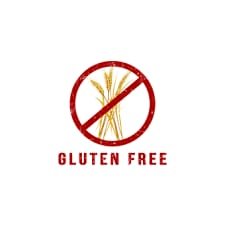
Some people are intolerant to certain foods, such as lactose or gluten, which can lead to diarrhoea.
2. Medications

Some medications, such as antibiotics, can disrupt the balance of bacteria in the gut, leading to diarrhoea.
3. Digestive disorders
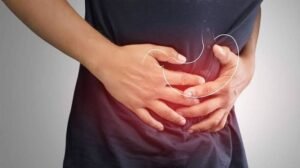
Certain digestive disorders, such as inflammatory bowel disease and irritable bowel syndrome, can cause chronic diarrhoea.
Symptoms of Diarrhoea:
The main symptoms of diarrhoea include
1. Frequent bowel movements
This can range from three or more loose stools per day to as many as 10 or more.
2. Loose or watery stools
Stools may be watery, loose, or even completely liquid.
3. Abdominal cramps
These can range from mild to severe and may be accompanied by bloating or discomfort.
4. Dehydration

Diarrhoea can cause dehydration, which can lead to symptoms such as dry mouth, fatigue, dizziness, and decreased urine output.
Home Remedies for Diarrhoea
1. Drink plenty of fluids

It is important to stay hydrated when experiencing diarrhoea. Drinking water, clear broth, or an electrolyte solution can help replace lost fluids and electrolytes.
2. Eat a bland diet

Eating bland, easy-to-digest foods such as bananas, rice, applesauce, and toast (BRAT diet) can help soothe the digestive system.
3. Take probiotics
Probiotics are beneficial bacteria that live in the gut and can help restore the balance of bacteria in the digestive system. Eating fermented foods such as yogurt or taking a probiotic supplement may help.
4. Avoid certain foods
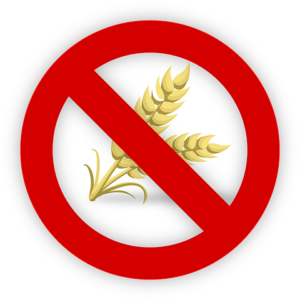
Foods that can irritate the digestive system, such as caffeine, alcohol, spicy foods, and high-fat foods, should be avoided until symptoms subside.
Medical Treatment for Diarrhoea
If home remedies do not provide relief from diarrhoea, medical treatment may be necessary. Treatment options may include:
1. Antidiarrhoeal medication
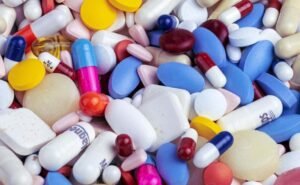
Medications such as loperamide can help slow down bowel movements and reduce the frequency of diarrhoea.
2. Antibiotics
If the diarrhoea is caused by a bacterial infection, antibiotics may be prescribed to treat the underlying infection.
3. Intravenous fluids

In severe cases of diarrhoea, intravenous fluids may be necessary to prevent dehydration.
4. Hospitalization:

Hospitalization may be necessary in severe cases of diarrhoea, especially if the patient is dehydrated or has other underlying medical conditions.
5. Preventing Diarrhoea
Preventing diarrhoea is often a matter of practicing good hygiene and food safety habits, such as:
6. Washing hands frequently
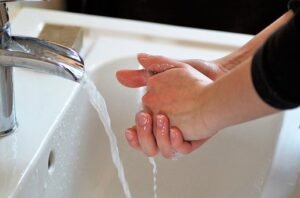
Hands should be washed thoroughly with soap and water before eating, after using the bathroom, and after handling food.
7. Cooking food properly
Food should be cooked to the appropriate temperature to kill any harmful bacteria.
8. Avoiding contaminated food and water
Foods that are not properly cooked or stored, as well as untreated water, can be sources of diarrhoea-causing
If you have any queries related to medical health, consult Subhash Goyal or his team members on this given no:+91 99150 99575,+91 99150 72372, +918283060000

